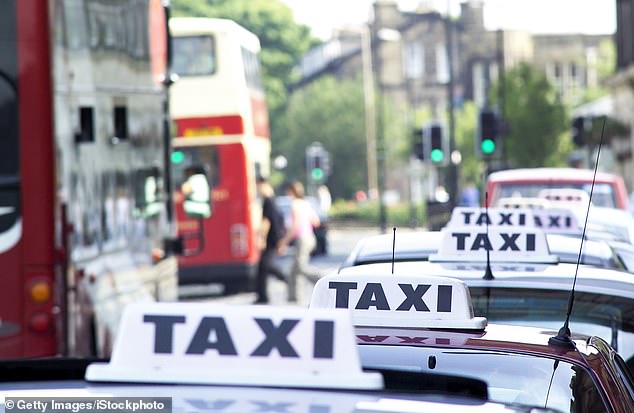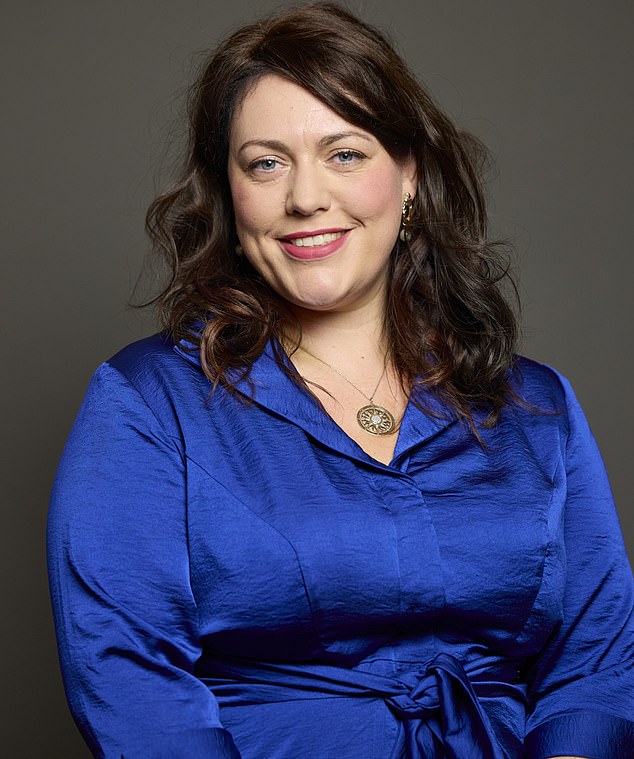raid.
Ava Lambert's parents were no longer able to afford private education after the tuition fees increased by £3,270, leaving them with no option but to enroll her in a state school 25 miles away.
She quit her job, switching to a nighttime schedule, so she could transport her daughter to school.
After much exasperation, she submitted an application to the council for transportation funding.
It rejected the application twice however now spends £42.05 a day, which is £8,200 a year, on taxis to take Ava to and from her new school.
Mrs. Lambert, 59, who is married to Will, a 23-year Army veteran, stated that they started searching for state schools in the area last term, but were informed by every school within a 20-mile radius that they had no openings.
She said: "I found one school that was 25 miles away. They were the only school that said, 'Why don't you fill out an application form? Ava will go on a long waiting list because we are completely oversubscribed, but at least she's in the system.'"
'Four weeks later, I received a phone call stating she could start in a fortnight... We didn't have any time to do anything. We seized the opportunity, got her a new uniform, and she began in the middle of December.'


However, the distance required Mrs. Lambert to give up her job as a nurse practitioner at a general practitioner's surgery in order to drive Ava there.
She began working night shifts, handling 111 calls sometimes till 2am, and then waking up five hours later to drive her daughter to school on a 50-mile round trip.
"I only decided to apply for free school transport after a friend informed me about it. I've never requested anything from the government before, but I was determined to fight for it. I was extremely upset. This wasn't my responsibility. It was Bridget Phillipson's fault," she told The Sunday Telegraph.
Mrs. Lambert's application was denied twice, prompting her to appeal the decision to a panel that ultimately agreed to provide a taxi service for Ava. The transportation began last Monday and the council stated they will allocate £42.05 daily to transport Ava to and from school.
With an additional four years until she completes her A-levels, it could cost the council approximately £38,000 to complete her education. Local councils are required to provide free transportation to students whose nearest available public school is more than three miles away or for children with disabilities who are unable to walk there.
In metropolitan areas, this typically manifests as a travel card that enables minors to use public transportation at no cost. Nevertheless, in the absence of public transportation options, authorities often rely on pricey private taxis.
Alicia Kearns, the Conservative MP for Rutland and Stamford, claimed that it was further proof that "Labour's policy, driven by dogma, was filled with unforeseen consequences" that will harm taxpayers.
She told the Daily Mail: "For years, Sarah has been subsidizing the education of others by paying for her daughter to attend private school. Now, an economically misguided policy of envy has forced her daughter out of her school and herself out of her job as a nurse, and this will cost the taxpayer approximately £18,000 per year."
'This policy is nothing more than a tax on resentment, and it's you and me footing the bill for it.'
The Treasury estimates that Labour's 20 percent VAT levy will generate £1.8 billion in revenue next year.
Although this figure does not take into account the extra transportation costs for students who are forced to leave private schools and whose nearest available public school is more than three miles away.
Joanna Marchong, of the Taxpayers' Alliance, stated: 'Taxpayers will justifiably be outraged at paying the bill for the consequences of this poorly executed tax raid on private schools.

Ministers must reconsider this tax hike before more families are ensnared in the turmoil and more local authorities are saddled with staggering financial burdens.
A government spokesperson stated: "We have been clear that the impact from students transferring from private schools to public schools will be minimal, representing less than 0.1 percent of all students.
'Eliminating tax breaks for private schools will generate £1.8 billion annually by 2029-30, allowing us to fund our essential public services, particularly by aiding the 94 percent of students in public schools to excel and reach their full potential.'
The vast majority of students do not require transportation from home to school, and we are confident that the state-run education system will be able to accommodate any additional students.
Read more